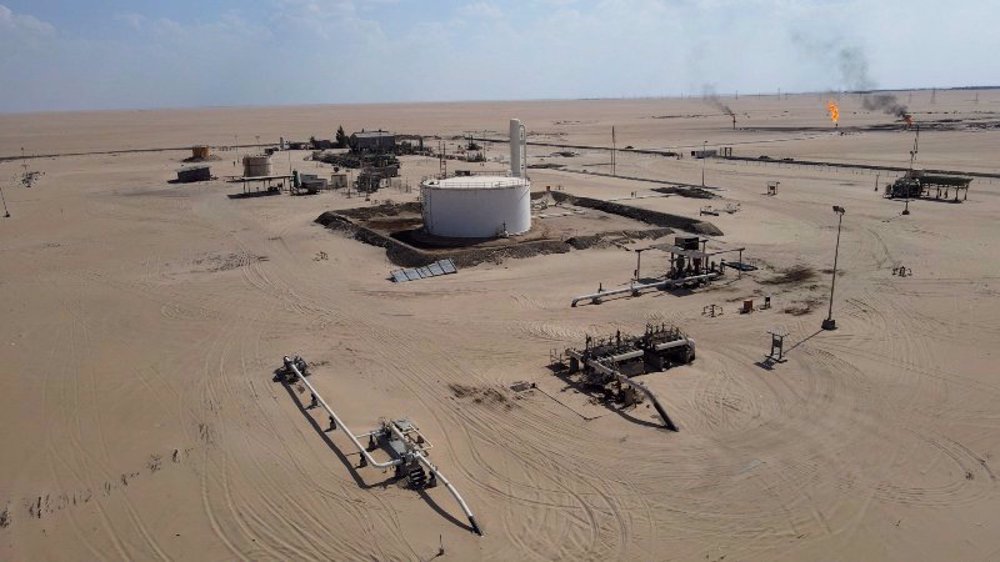Tunisian court starts trial of 21 suspects over 2015 Bardo massacre
A court in Tunisia has begun the trial of nearly two dozen people for their alleged role in a 2015 deadly terrorist attack on a famed museum in the capital Tunis.
According to defense lawyer Ben Amor, 21 detained suspects, including two women, appeared in a Tuesday unannounced hearing in the courtroom in Tunis over the charges of abetting two terrorists who went on a shooting spree on foreign tourists in the National Bardo Museum on March 18, 2015.
The two assailants killed 21 foreign tourists and a police officer before being gunned down by security forces.
A dozen of those on trial could face death penalty if convicted of voluntary homicide with premeditation. Three more defendants, who had not been held in prison, were not included in the trial on Tuesday. Furthermore, some 30 other people are also on trial in absentia, according to defense lawyer Rafik Ghak.
On June 26, 2015, another terrorist attack shocked the North African country, as a gunman killed 38 foreigners, mostly British tourists, at the Imperial Hotel near the Mediterranean resort town of Sousse.
Some critics believe that the lengthy probe into the Bardo case got off a false start, with many suspects nabbed but then freed later.
Amor said if police “had done their job correctly from the start, the attack at the Sousse (beach hotel) could have been avoided as numerous people among those who prepared and planned it are the same ones implicated in the Bardo attack.”
However, Judge Bachir Akremi wrote in his report that those confessions that had been secured at the beginning of the investigation were obtained through torturous means, and some allegations against the arrested people were “imaginary.”
Both deadly attacks were later claimed by the Takfiri Daesh terrorist group, which is mainly active in Iraq and Syria, but it has also secured a foothold in crisis-hit Libya, Tunisia’s neighbor to the east.
The assailant involved in the beach resort attack had actually received trainings from Libya-based Daesh terrorists.

In November 2015, a Daesh bomber also killed 12 Republican Guards aboard a bus on the main avenue in Tunis after he detonated his explosive vest.
Tunisia, which has been in a state of emergency for some 20 months, is also among the countries with the highest per capita number of extremist militants operating in other countries. Reports say over 5,000 Tunisians have already traveled abroad to join terrorist outfits, mainly in Iraq, Syria and Libya.
Tunisia has experienced violence since the 2011 uprising that ousted the country’s dictator Zine El Abidine Ben Ali, who was in power for over two decades. The country has also been affected by the growing instability in neighboring Libya, which has been in chaos since former dictator Muammar Gaddafi was toppled and later killed in 2011.
Israeli forces kill 7 more Palestinians in West Bank
Israel’s Netanyahu dismisses military affairs minister Gallant
Hezbollah attacks turn Israel’s Haifa into a ghost town
Iran’s FM meets Pakistani PM, discusses bilateral ties, Israeli atrocities
Iran ramps up gasoline output amid rising demand
UK foreign secretary under pressure over denial of genocide in Gaza
VIDEO | Press TV's news headlines
Hezbollah bombards explosives factory in occupied territories














 This makes it easy to access the Press TV website
This makes it easy to access the Press TV website